What Is Perception ? Is the world you see Real ? Complete Research
What is perception?
Perception is the reception of stimuli (impressions from our environment) and their processing in the brain. At the same time, our perception and the associated thinking processes form the basis of our actions. Conversely, our entire action is based on how we perceive the world, ourselves, and our counterpart.
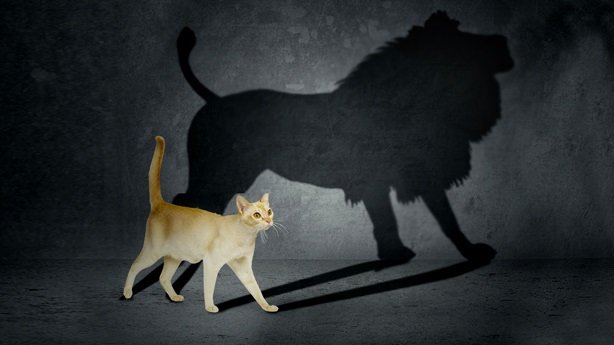
Image Source
Perception Process - What happens?
"Stimuli" from the field of perception of our environment are recorded with the help of our sense organs, forwarded to the brain and processed there. Some are perceived consciously and others unconsciously, while others are overlooked. From the flood of innumerable sensory impressions, we filter what seems to be important to us.
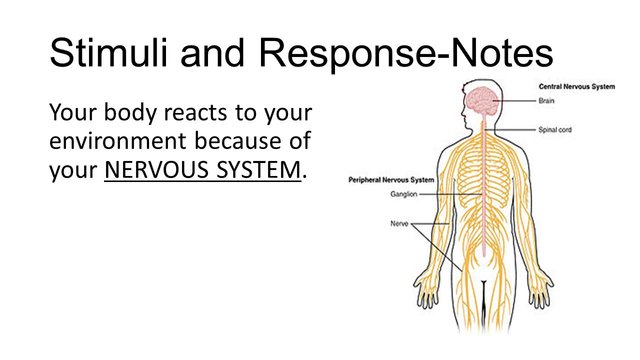
Image Source
How are stimuli processed?
The captured stimuli in the brain are evaluated with already stored information, from which our imagination forms it's our own reality, which seems to be coherent for each individual.
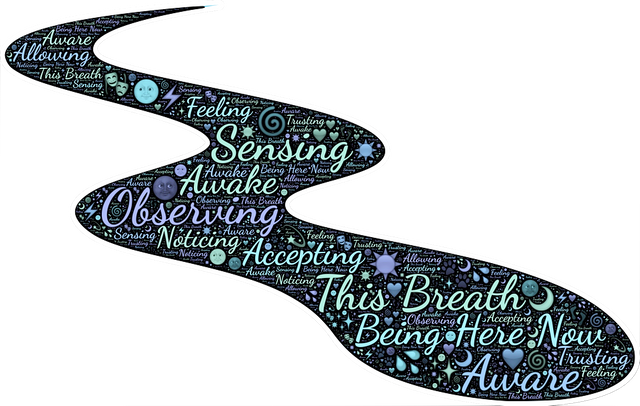
Image Source
In short, what we see, hear, smell, taste, and what we deduce (think) from it, we consider reality.
What do we do with the help of our imagination?
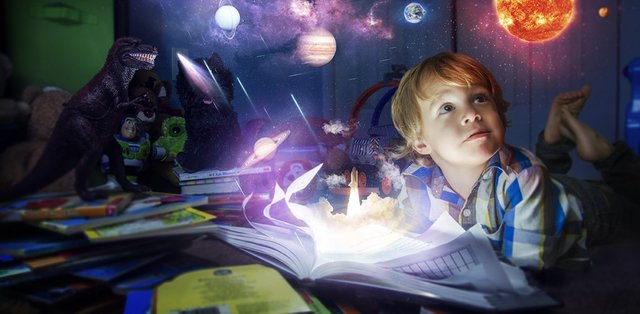
Image Source
With the help of our imagination, we make ourselves (through the combination of past ideas and experiences) an own, very individual picture of a person, a thing, an object or a state, which manifests in fractions of seconds to its own reality. We orient ourselves to this reality. At the same time, we assume that others perceive exactly the same thing. However, our perception is individual and therefore very subjective, because the factors of perception are individual.
Examples:
A "seminar leader" standing in front of you is only a "seminar leader"

Image Source
if he communicates this way. In the eyes of the participants, he would otherwise be a "lecturer", a "coach", a "trainer", a "teacher", a "pedagogue" or even something completely different. Maybe he is even perceived as a participant, student and also valued and treated. The environment carries considerably to contribute to the perception, assessment, and definition. At the same time, this is the reason why some educational events rent themselves from universities or technical colleges or at least seek official cooperation.
A perceived "cup" is only a "cup" if we have learned that the stimulus is a "cup". For others, what constitutes a "cup" is a "cup" for others. For items, we rarely notice that there are different perceptions. In the perception of persons or states, the individual differences are already clearer:
While a person sees a sympathetic and attractive person, the other one sees the same person as an unsympathetic unattractive. At the same time, he feels corresponding feelings, which then lead to a certain judgment and behavior. While one feels cold, the other is much too warm. While one perspires visibly, the other freezes.
Because perception is so different, people in some areas have formed measurable scales to somehow find a common denominator (standards, temperature specifications, units of measure, etc.). There would be otherwise - especially in business and professional life a very nice mess. In interpersonal life, there is also this chaos, with the difference that very few know why this is because of different perception and perceptual errors. This is exactly what personal recruitment decisions and layoffs are based on, as is the feeling of being in love and, on the other hand, separations or divorces.
If people were more concerned about their perceptions and struggling to figure out how others perceive one, what perceptual errors one makes oneself, what is right and objectively wrong. Life would be much easier and much less problematic and successful. For example, experiments and measurements have shown those perception experts alone in a 5-minute conversation between two people who know each other very well (eg spouse), approx. 20 - 50 communication and perception errors occur which can lead to misjudgments and misunderstandings.
Why is perception individual?
Since perception is individually minded and brain dependent, so not really as much to do with our sense organs as many still believe, our perception depends on what we think, what we imagine, what we want, what we expect what we have already experienced and what we believe.

Image Source
Our brain-own motif and emotion system plays an essential role here. Recorded stimuli are more or less consciously recorded, combined and interpreted depending on the attention, interest, attitude, and state of mind. This creates a picture or an idea. By combining past ideas and individual experiences from the "drawers" of our "personal archive" as well as the influence of individual attitudes, values, wishes, expectations, feelings (eg fears) and needs, this image gets its own and new content. It is a product of our own imagination (fantasy product).
Perceptual matches and differences
In some points, our picture roughly matches that of others. After all, we are all human beings, have similar functioning sensory organs, a similar brain, similar conventions, and have learned and experienced roughly the same, but not in detail and not in the same form, not with the same value and the same feelings.
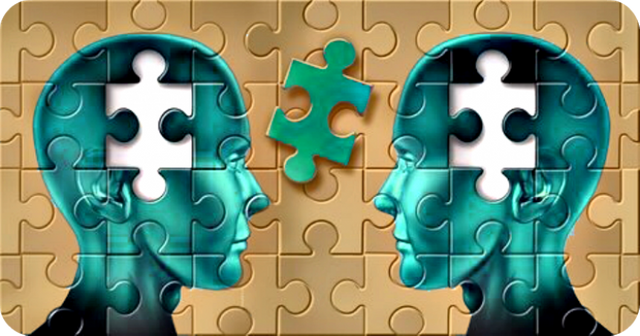
Image Source
We have different intelligence, different education, different caregivers and other individual experiences. We have different feelings, views, and values and set different priorities. Likewise, we have different abilities, such as a different level of creativity that can give rise to a completely unique creative image that bears no relation to what others perceive.
Perception and creativity
The more intelligent and creative we are, the more we interpret, the greater the deviation from what others perceive. For example, syn aesthetes take two different, physically separate perceptions, such as color and sound, and people with a certain personality disorder take themselves and their environment, and things in their environment may have been completely different from people in society to be referred to their personality and psyche as "healthy".

Image Source
Anyone who wants to create a work of art, something completely new, something never seen before, has a different, much more creative perception than others.
Perception and subconscious
In all that we perceive and think, as well as in expectations and decisions, our minds only play a subordinate role of approximately 11 million units of information that our brain processes on a daily basis, we only consciously perceive up to 40 information - that is the relation.

Image Source
We experience the unconscious itself as little as the majority of our perceptions: we see 99% only what is already in our memory. Only a maximum of about 1% of information is added. In our unconscious mind are stored all biological processes including our emotions and our experiences. Most of the processes of perception and thought
(over 80%) run unconsciously. The remaining under 20% is our emotion program that runs in the background in the limbic system, the oldest part of our brain. Emotions are formed here.
Influencing the perception
Our perception is influenced by many factors. To carry out this here would certainly go beyond any reasonable scope. In addition, our perception is clouded or deceived by innumerable observation, perception and assessment errors, as well as by clouding of perception and hallucinations.
Perception and the formation of reality
Regardless of their individuality and subjectivity, perception is what we call reality. This reality is manifested in a personal conviction and forms our beliefs and expectations. Conviction, faith, and expectation, in turn, are the drivers of our perception and represent strong sources of perceptual errors. Conversely, our perception is based again on what we believe in, on which we are convinced and what we already or specifically expect anyway.
Perception and orientation
We can not focus on how we really are and what the world really is, but how we perceive ourselves and the world around us. With this we create our own, very personal, very subjective reality and sometimes also a fake reality - and we are difficult or impossible to dissuade.
Constructs of our thoughts
The fact is, everything we believe to be reality is a construct of our own perception and thoughts. Even universally valid things and circumstances that we have learned, adopted, and internalized on the basis of generally accepted conventions, and that we believe in, are individually shaped with the help of our imagination in some way.
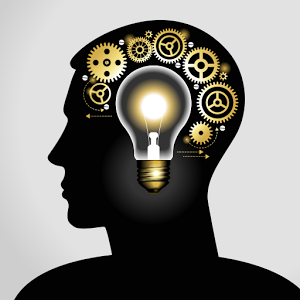
Image Source
We have learned a common language and use dictionaries - yet a statement that someone makes is understood differently by different people. One hears a factual information, the other a self-disclosure. Another listens to an appeal, establishes a relationship with itself, hears or reads out a value. Thus, from a factual information quickly something inaccurate, from a praise a blame, from a simple neutral information an insult, a humiliation, a debate, a war.
What are you looking at?!
Like comedian Kaya Yanar with "What are you looking at ?!" shows very well that some people already have a normal view to create amazement or annoyance or aggression. Why?
Because not a normal view is perceived, but someone who laughs at you, seeks conflict or wants to attack you.

Image Source
What was perhaps very helpful in the Stone Age to protect us from dangers (e.g the danger that even a stranger could represent at that time) is today rather counterproductive.
As a result, it is important today to be more sensitive to our perception, thinking, and action.
Everyone perceives something different

Image Source
Even easily verifiable facts like the size of an object lying directly in front of us are seen and felt differently by everyone. One sees a bottle, the other the glass that stands next to it. For one, the glass is half full, half empty for the other. What one person perceives as "big" is felt by someone other than his size or even "small". One finds a person "attractive", "friendly" and "likable", his neighbor finds the same person "unattractive", even straight "ugly", "unfriendly" and "unappealing". What one considers "expensive" is another "cheap" or "cheap". What one person finds to be fast, another one finds slowly, depending on what he already knows, expects etc. Even colors are interpreted differently by each one.
Lack of understanding damages and is exploited
Most people do not want to accept the subjectivity of their perception. the reason is the own logical lack of understanding of psychological and neuroscientific relationships and the fear of loss of orientation. Many consider the questioning of one's own perception merely a game of mind that only makes our lives unnecessarily difficult. The classical everyday criterion is not the correctness or the truth content of a perception, but rather its usefulness.
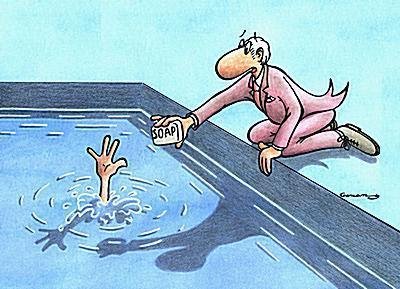
Image Source
In reality, however, we often move on a very uncertain ground. This does not refer to the quality of our perception, but to the conclusions that we draw from it. After all, all other thinking and action processes are based on it, as well as all other perceptions and decisions (purchase decisions, mate choice, hiring decision, etc.). In fact, it does not work well for a company to hire the wrong people. Wrong conclusions are just as unfavorable for a relationship, buying behavior, actually everything we do and others with us.
Lack of understanding regarding perceptual psychology rules and the findings of the complementary neurodoscience is radically exploited or used intelligently by advertising (advertising psychology) and neuromarketing (Consumer Neuroscience), depending on the perspective from which one looks at it.
Conclusions from our Perception
The conclusions we draw from what we mean determine our lives and our personal, social and financial success. How consistent, purposeful and successful we act is therefore causally determining the quality of our own perception.

I was going to say that, but noticed you already wrote it in the article.
The fact is, perception will always depends on the individual in question.
I think the first person to start developing these ideas was Plato with his Allegory of the Cave.
I agree with this, highly creative people have a stronger perception than others, I even wrote an article about that a few days ago.
Cheers mate!
Thank you so much for sharing your thoughts
Cheers !
i loved it, it was all true and very very interesting!
would you like to read some of my post?